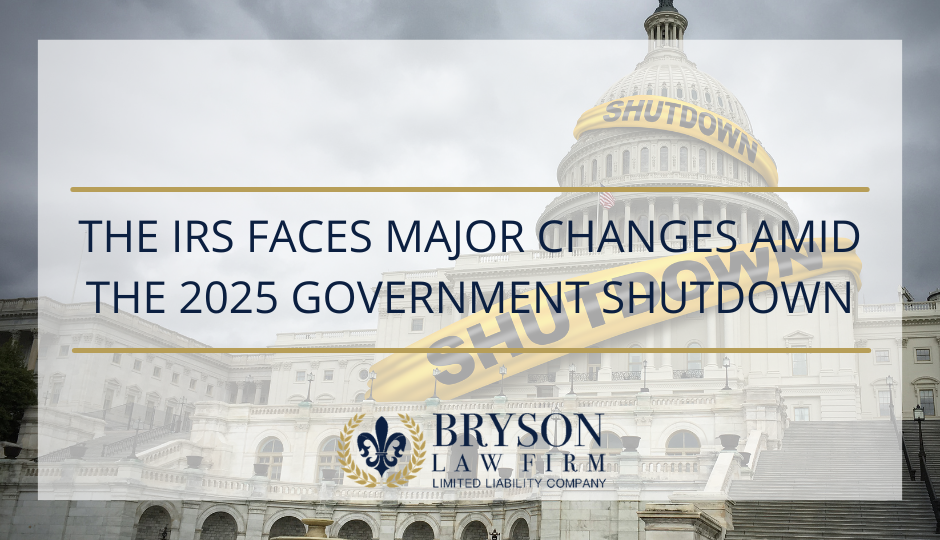On October 1, 2025, the U.S. government officially shut down after lawmakers failed to agree on a new budget. The shutdown immediately impacted several federal agencies — including the Internal Revenue Service (IRS) — leaving many employees and taxpayers uncertain about what comes next. At first, the IRS announced that it would use Inflation Reduction Act funds to keep all employees paid during the shutdown. However, that plan changed quickly. By October 8, the agency introduced a new plan to furlough 34,000 employees while keeping 39,870 exempts under the same funding source.
Just a day later, on October 9, the IRS confirmed that most operations were closed because of the lapse in government funds. If you filed for an extension this year, expect some delays. The IRS has already warned that paper return processing and assistance could be backed up for taxpayers with returns due on October 15, 2025. The good news? Certain essential services are still running — e-filing, payment processing, and automated refund issuance remain active.
The agency is urging taxpayers to file electronically and use direct deposits to avoid interruptions. IRS employee Maria Ramos shared, “A prolonged shutdown could cause bigger problems as the October 15 tax filing extension deadline approaches.” When the shutdown began, some employees learned their work status right away, while others didn’t find out until later that afternoon. A notice sent to staff stated that, effective October 8, anyone not specifically contacted by their manager would be considered furloughed. This shutdown has been handled differently from previous ones.
There’s still confusion over who’s considered essential or non-essential, and union representatives have expressed frustration about being left out of key discussions. Many employees have also been unsure about whether they can take scheduled leave or medical time off during the shutdown. Maria Ramos described her experience, saying she drove an hour and a half to the IRS office in Austin, Texas and waited four hours, then was eventually told she’d been furloughed and needed to go home. The IRS — like many other agencies — is trying to navigate this shutdown while employees work without pay or remain furloughed with no income. Those who are exempt will continue working and are expected to receive back pay later, though union leaders have said it’s still unclear where that funding will come from.
Meanwhile, tax returns continue to arrive with limited staff available to process them, creating growing backlogs and uncertainty for taxpayers nationwide. As of now, there’s no clear end in sight. Once funding is restored, the IRS expects operations and processing times to return to normal — but until then, taxpayers and employees alike are being asked to stay patient as the agency navigates this unprecedented situation.
Are you being impacted by the IRS in it's state during this government shutdown? Need tax assistance? Contact the Bryson Law Firm, LLC today.























